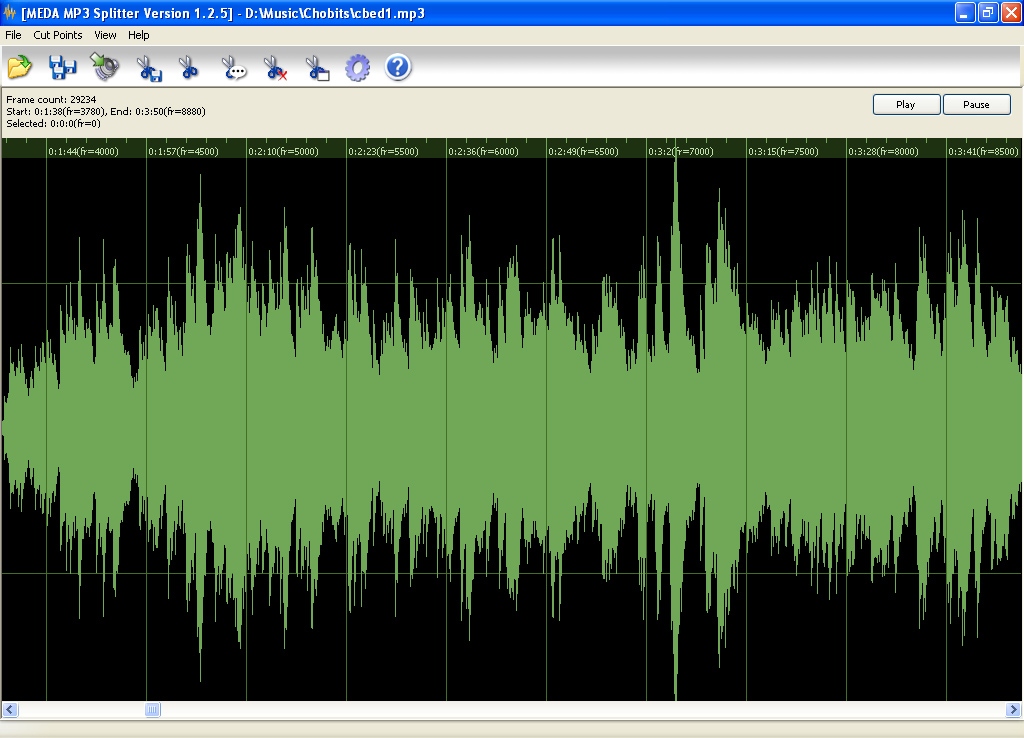
The Cadillac of all audio-file formats, MP3, was born in the early 1990s as a product of the Fraunhofer Institut in Germany. The group was trying to find the best new algorithmic compression scheme for audio files, and it arrived at what many considered at the time to be the gold standard. MP3 files took off overnight and, even now, remain the most popular way to compress and store music and audio. MP3s are also widely sold and traded on the internet at sites like eMusic.com and MP3.com.
MP3s remain popular because of hardware and software player compatibility. Almost all of the major software audio players like iTunes, Windows Media Player, Winamp and Musicmatch Jukebox will play MP3s. IPods and all of the other popular portable audio players support MP3s right out of the box.
Encoding your music in MP3 is definitely a safe storage strategy. The MP3 file format is ubiquitous. There's no doubt in my mind that players (both software and hardware) will support MP3s for years and years to come. Unless, of course, something better comes along.
If you want the low down on various compressed music file formats, this article is definitely worth checking out. It covers MP3, AAC, WMA and OGG which are the four formats in wide spread use currently.
From Wired.
No comments:
Post a Comment